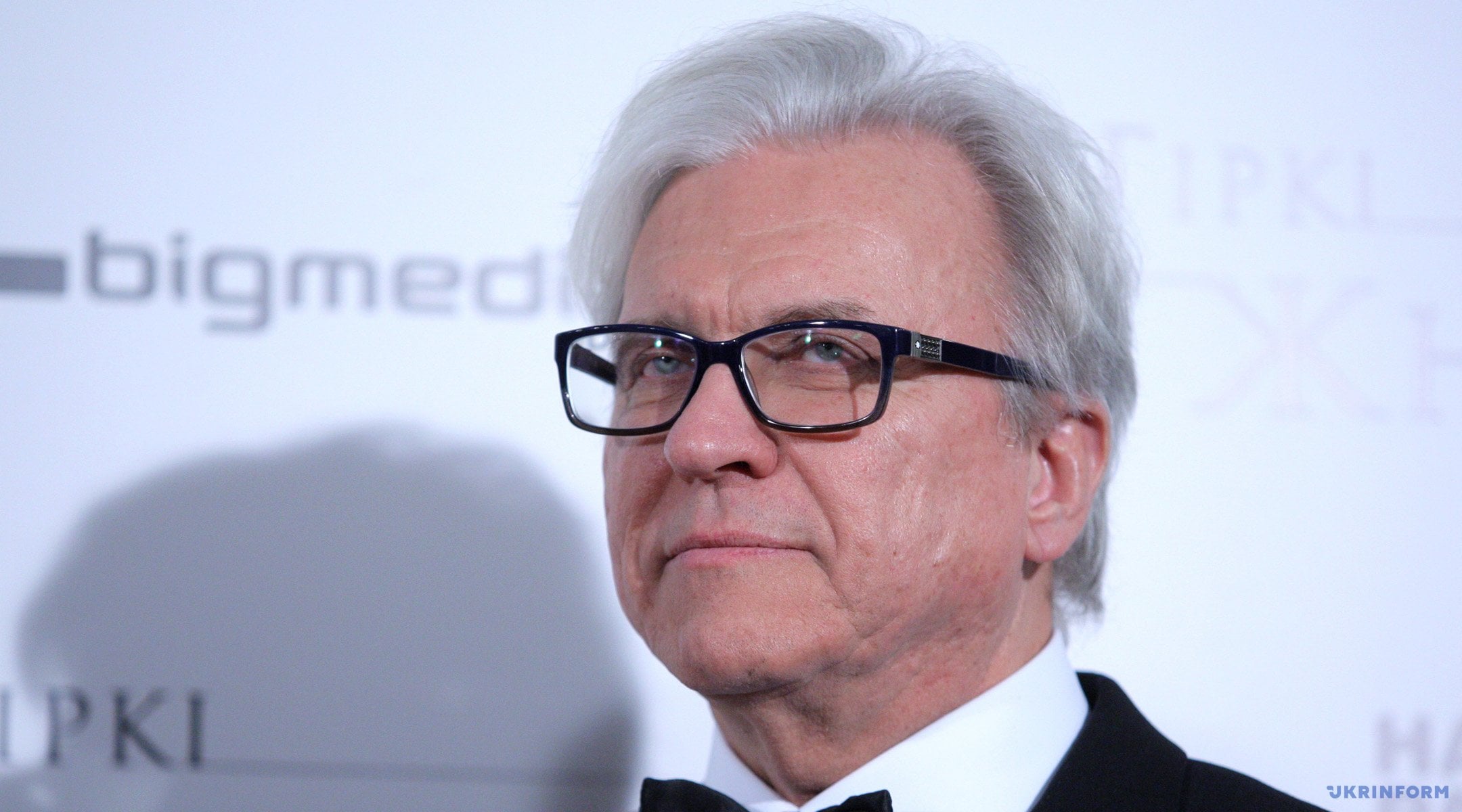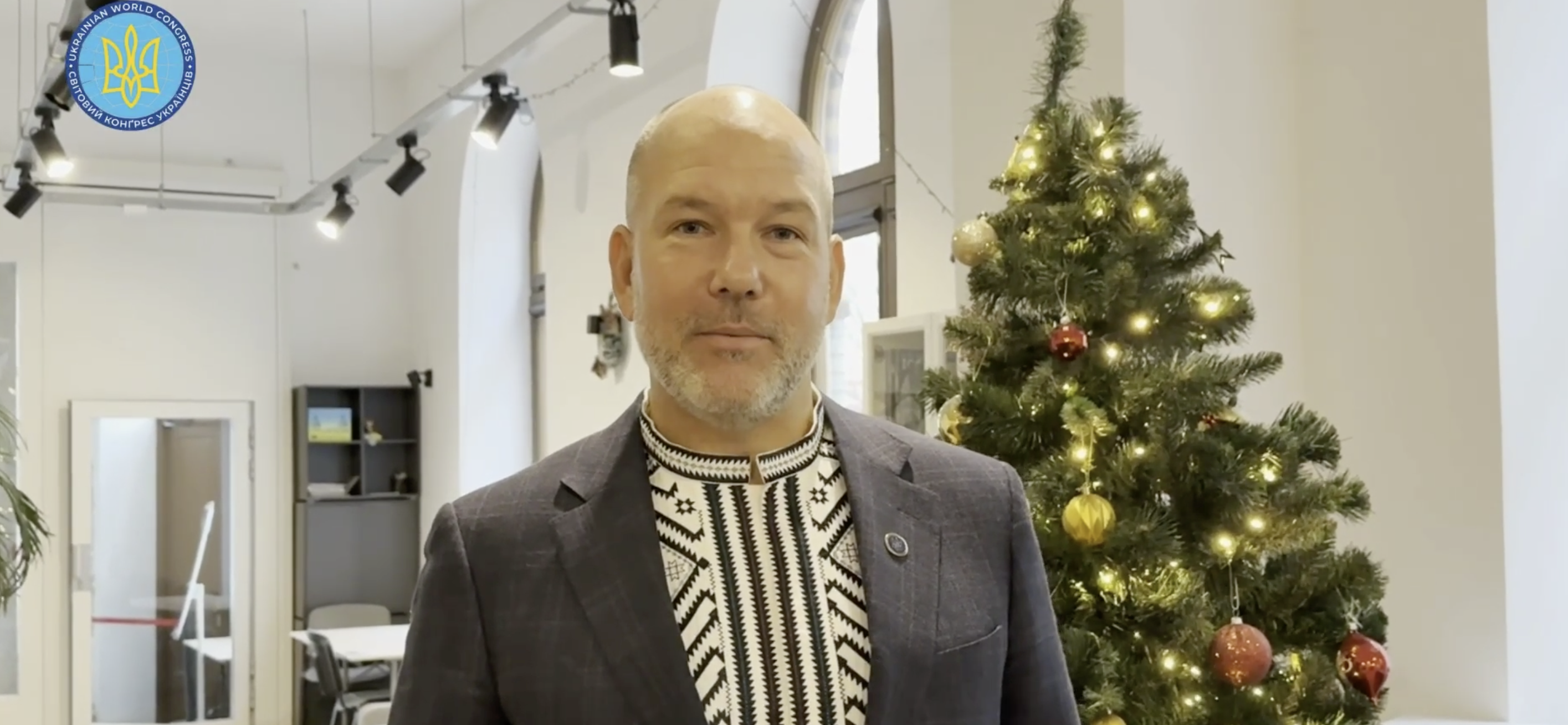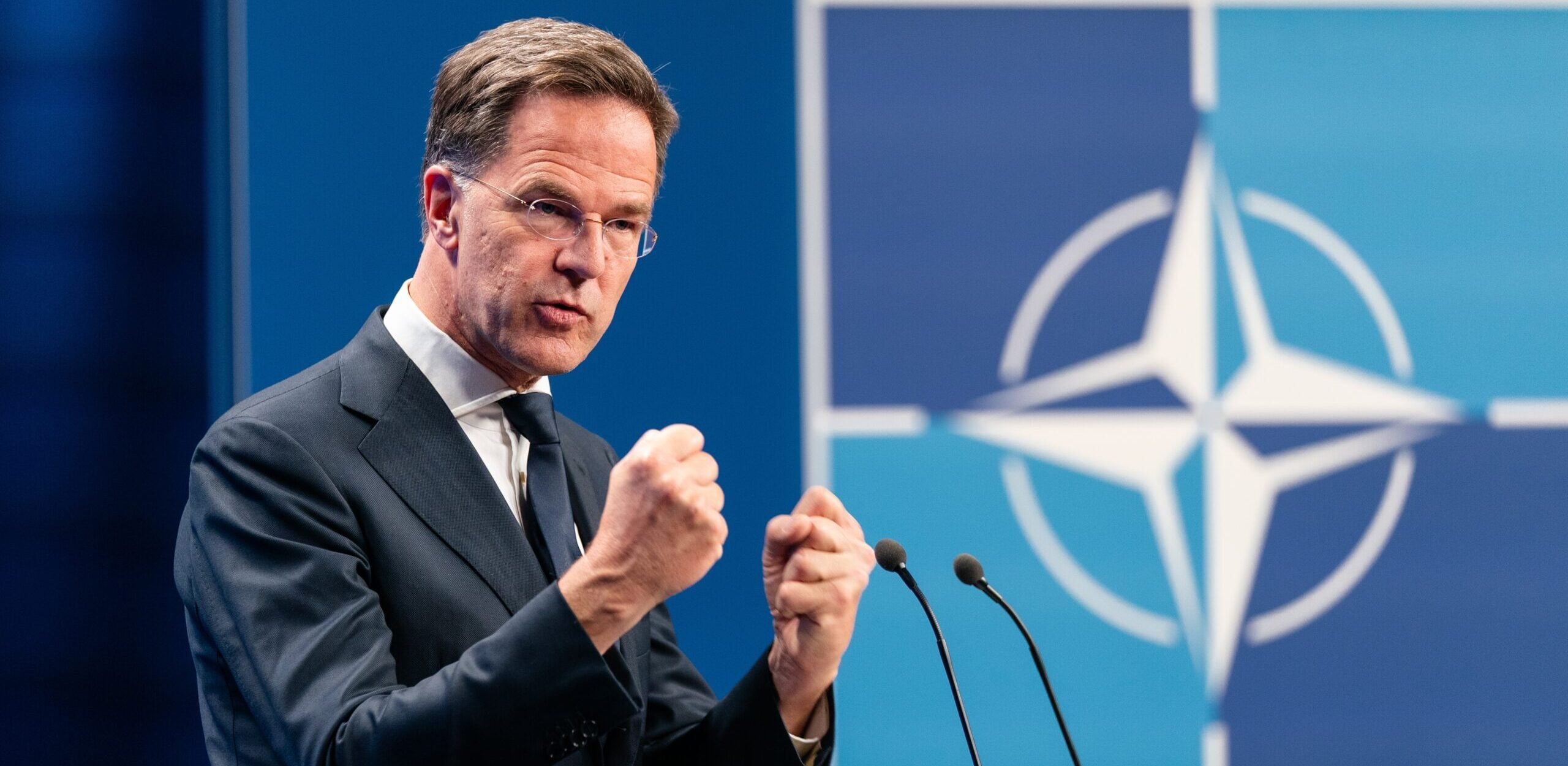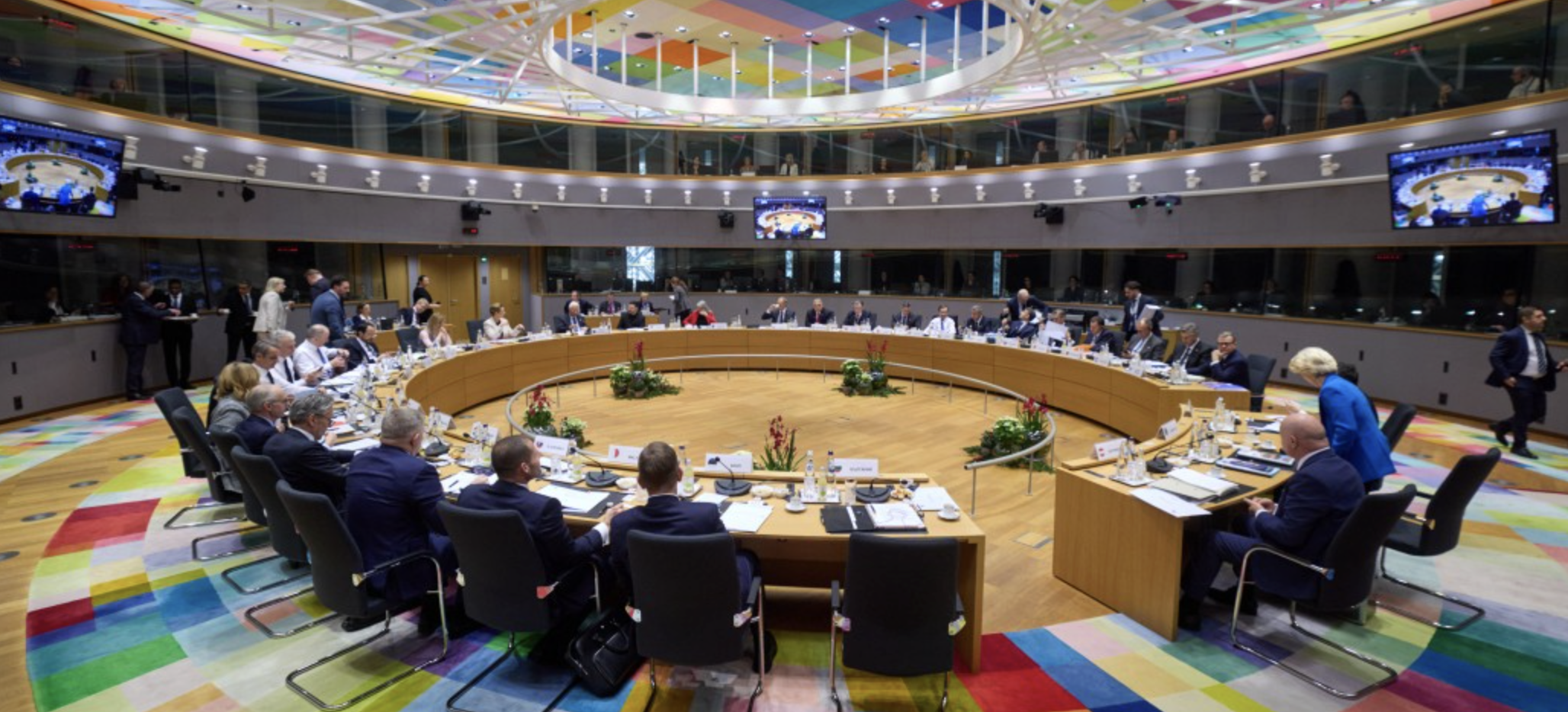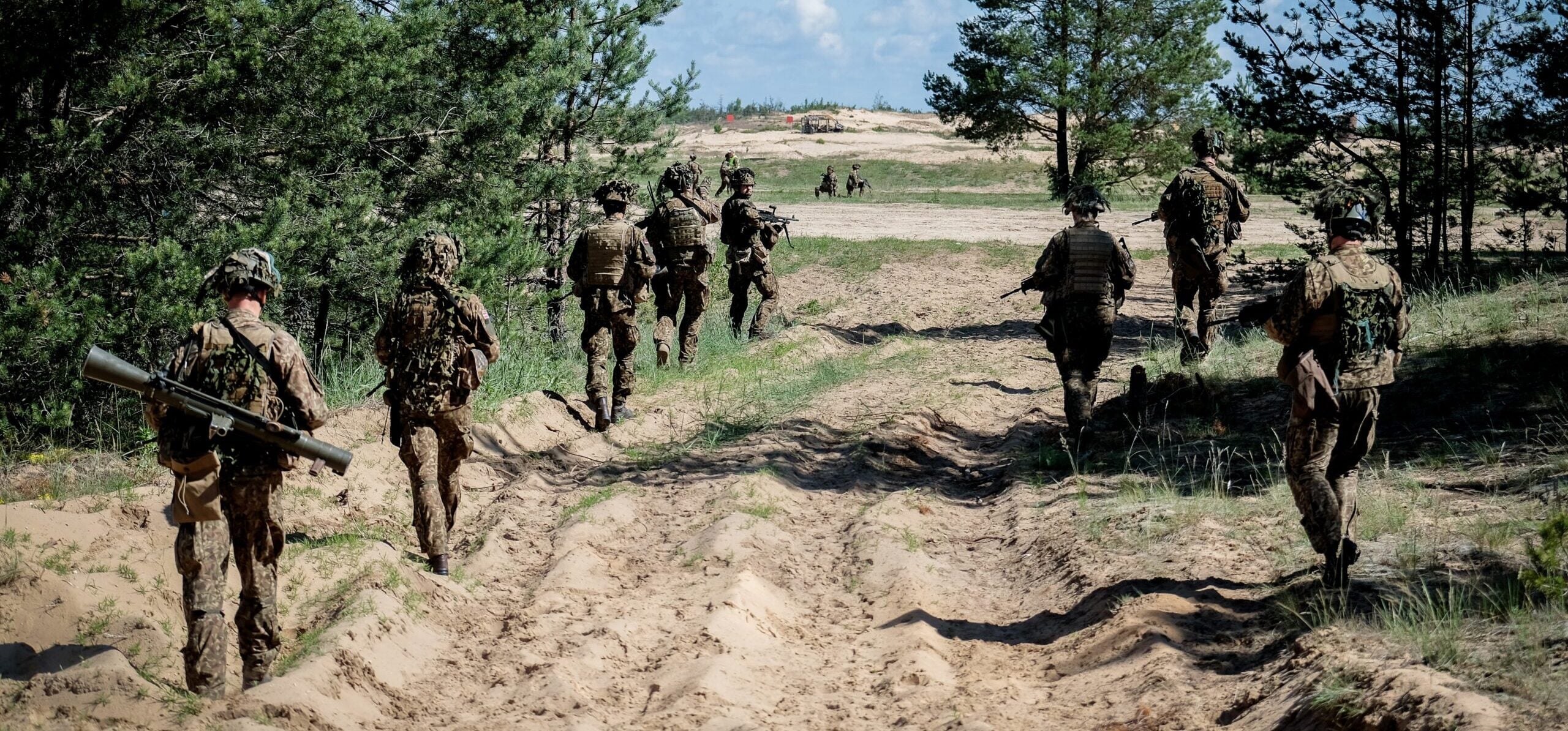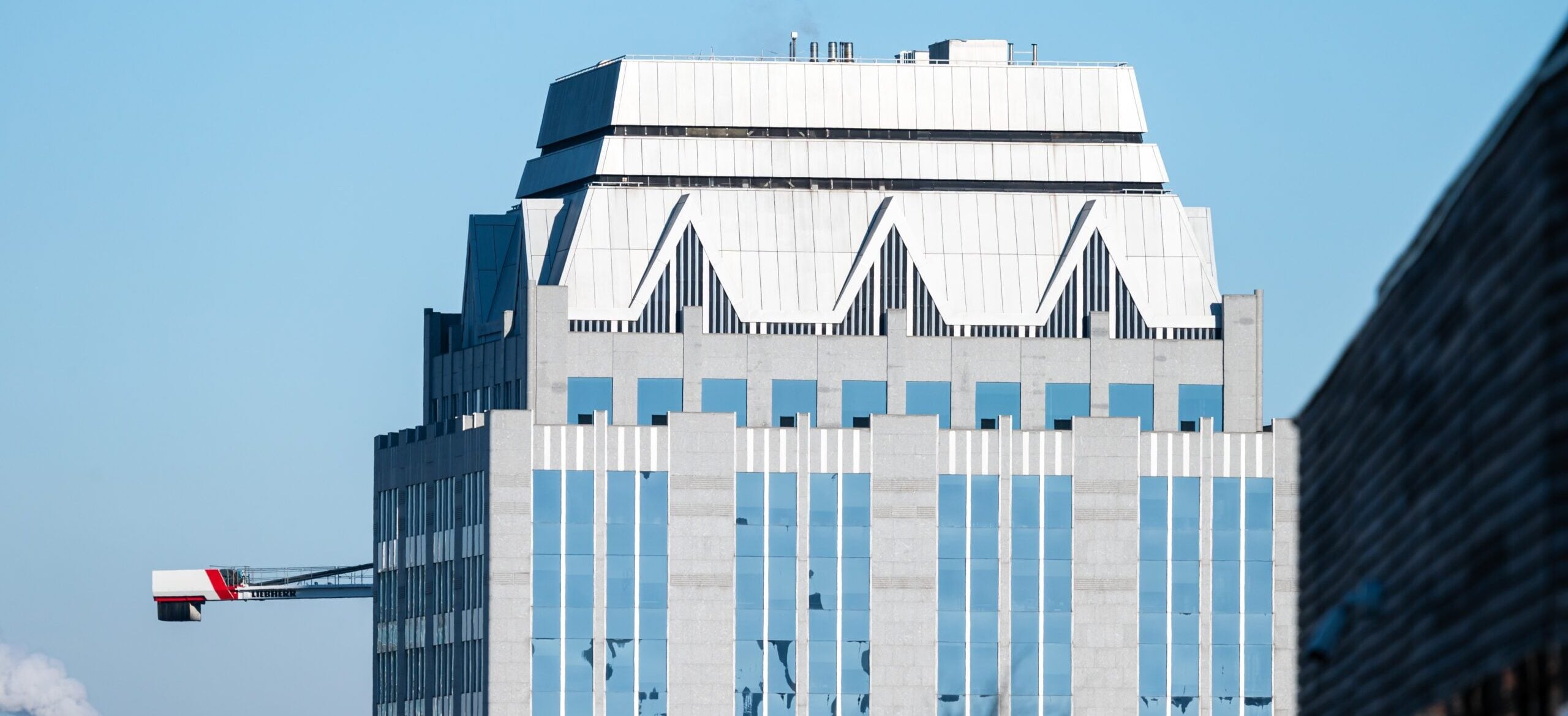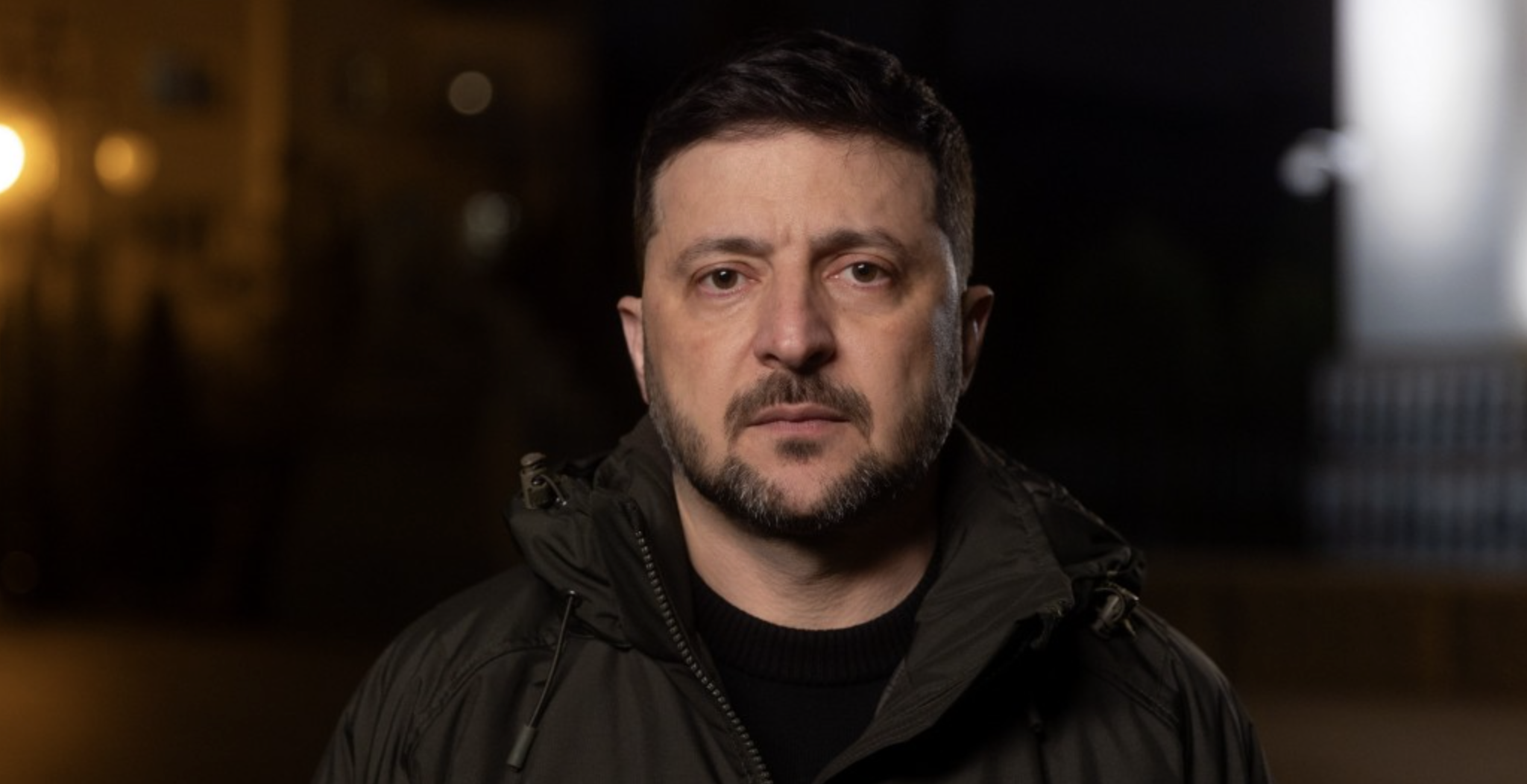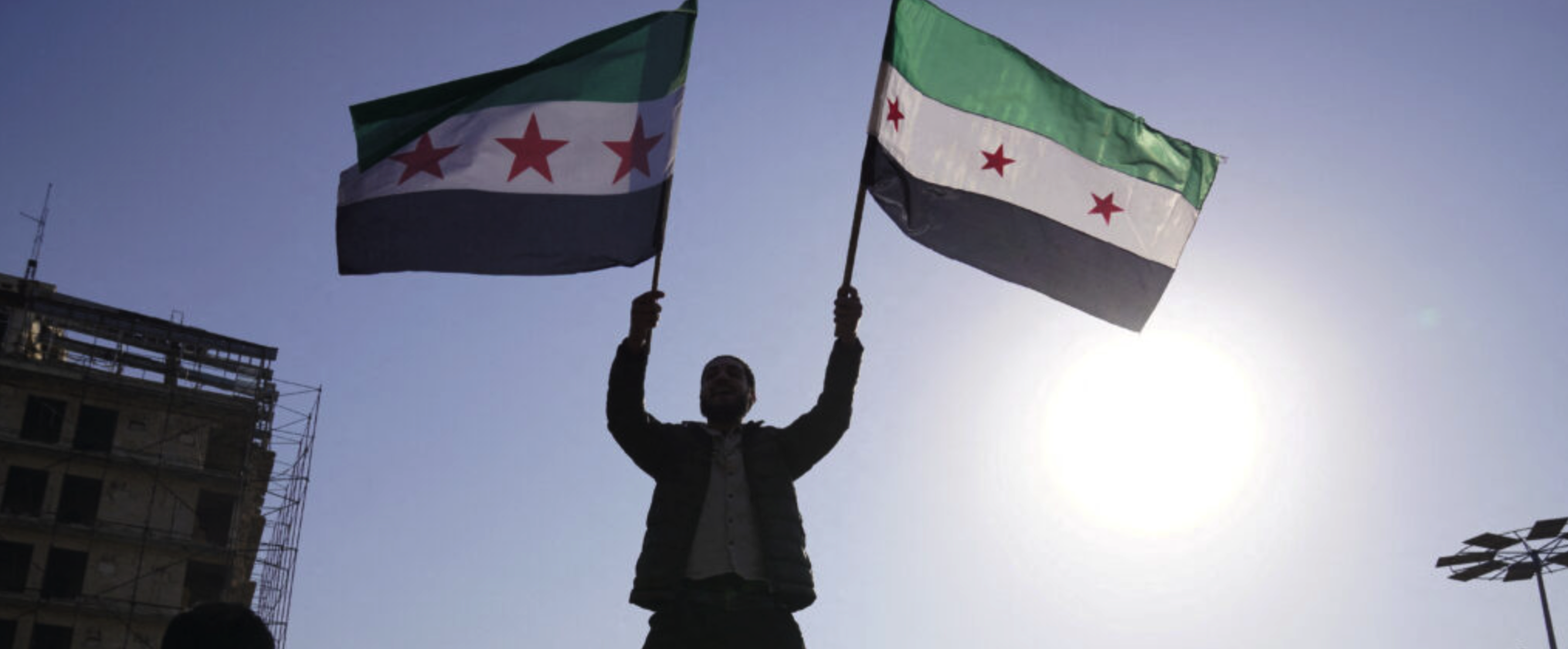
Opposition forces in Syria seized control of the country’s capital, Damascus, on Dec. 8 and overthrew the dictatorial regime of Bashar al-Assad, which had lasted nearly 25 years.
The operation, led by a coalition of five main rebel groups, lasted a little over a week.
Others supported by Türkiye, and allegedly Ukraine, began their advance near Aleppo, Syria’s second-largest city, on Nov. 27. They quickly gained ground, liberating over a dozen villages and advancing up to 20 kilometers (12.4 miles) along the front lines. After taking the commercial city of Aleppo, the opposition forces moved south, seizing the strategically important city of Hama and laying siege to Homs.
On Dec. 7, an anti-government uprising erupted in Daraa, south of Damascus, an area symbolically significant as the “birthplace of the uprising” against Assad in 2011 during popular uprisings that year throughout the Middle Eastern region known as the Arab Spring, Reuters reports.
Another group of mostly Kurdish forces backed by the U.S.-backed later joined the revolt, liberating Deir ez-Zor and Palmyra in the desert region of the country.
Several hours before the fall of Damascus, Assad’s plane left the country, heading in an unknown direction. Later, Kremlin spokesperson Dmitry Peskov confirmed that Russia had granted him political asylum.
 Opposition fighters in Damascus celebrate the insurgents’ capture of the city. Photo: Hussein Malla/AP
Opposition fighters in Damascus celebrate the insurgents’ capture of the city. Photo: Hussein Malla/AP
CNN Türk reported on Dec. 8 that Russia had requested Türkiye’s assistance in evacuating its military personnel from Syria. Russia had already begun withdrawing ships and transferring leftover weaponry via planes from its bases in the country.
Reuters said that Ankara was aware of the uprising preparations six months in advance and tacitly approved them. However, Türkiye officially refrained from supporting the offensive.
“I want to make this clear: we do not intend to claim land belonging to another country. As Turkey, we want our neighbor Syria to achieve peace and stability as soon as possible, something it has long desired for 13 years,” said Turkish President Recep Tayyip Erdoğan, as reported by Radio Free Europe/Radio Liberty.
The success of the rebels in Syria represents one of Kremlin leader Vladimir Putin’s greatest geopolitical setbacks during his time in power, according to The New York Times.
“Syria is their only real foothold in the Middle East and the Mediterranean [Sea],” said Eugene Rumer, the director of the Russia and Eurasia Program at the Carnegie Endowment for International Peace in Washington.
“What good is Russia as a partner if it cannot save its oldest client in the Middle East from a ragtag band of militias?” Rumer asked. “Besides the operational setback, it is also a diplomatic and reputational blow.”
Rumer said that the fall of Assad’s regime is “part of the price” the Kremlin is paying for its war in Ukraine.
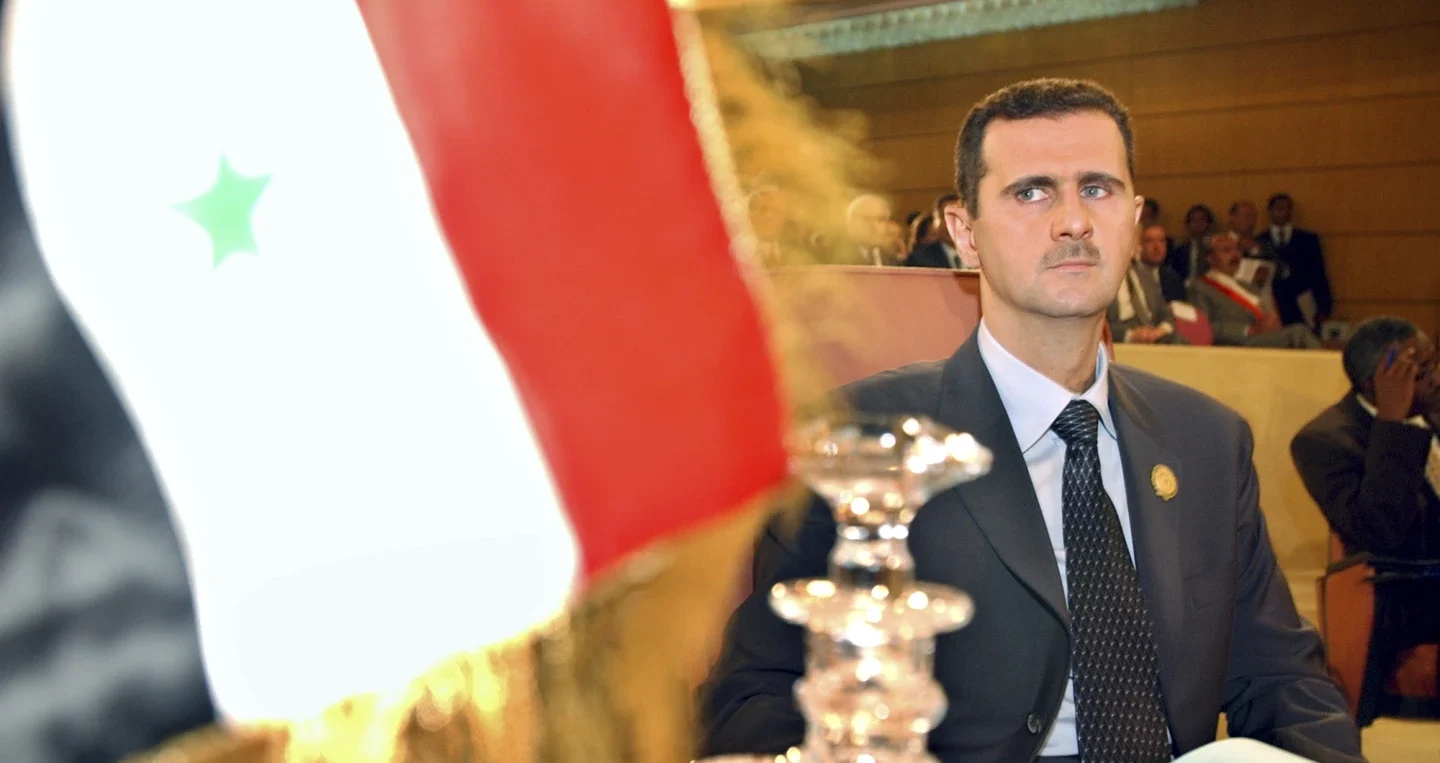 Bashar Assad in May 2004. Photo: AP Photo/Amr Nabil
Bashar Assad in May 2004. Photo: AP Photo/Amr Nabil
Democratic leaders worldwide have welcomed the fall of Assad’s regime.
“Now the Russians are fleeing Syria, but that doesn’t mean they won’t try to sow death again. Russian military presence extends even to Africa, with the aim of destabilizing,” said Ukrainian President Volodymyr Zelenskyy.
“Today is a turning point in Syria’s history – a nation that has endured nearly 14 years of relentless suffering and unspeakable losses…” stated UN Special Envoy to Syria, Geir Pedersen. “This dark chapter has left deep scars, but today, with cautious hope, we await the opening of a new one. Peace, reconciliation, dignity, and inclusion for all Syrians.”
Polish Prime Minister Donald Tusk linked the fall of Syria’s regime to the possibility of defeating Russia and its allies.
“The events in Syria have made the world realise once again, or at least they should, that even the most cruel regime may fall and that Russia and its allies can be defeated,” he wrote.
“Assad is gone. He has fled his country. His protector, Russia, Russia, Russia, led by Vladimir Putin, was not interested in protecting him any longer,” wrote U.S. President-elect Donald Trump.
The fall of Assad is a positive “and long-awaited” development for Syria, said EU High Representative for Foreign Affairs, Kaja Kallas
“The process of rebuilding Syria will be long and complicated,” she added.
Syrian Prime Minister Mohammad Ghazi al-Jalali announced his readiness to hand over power to the opposition and cooperate with any leadership chosen by the people. According to French newspaper Le Figaro, the country’s transitional government may be led by former Syrian Prime Minister and opposition figure Riyad Hijab.
Cover: Karam al-Masri / Reuters
